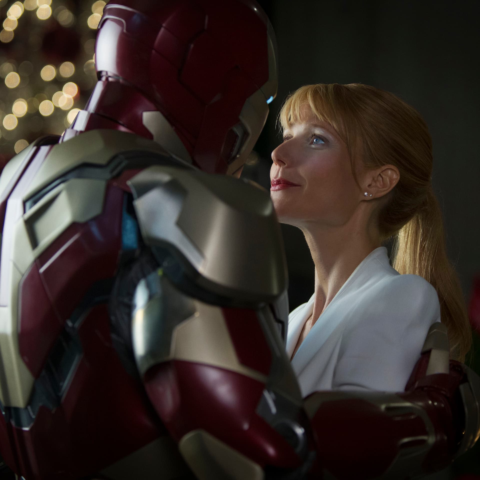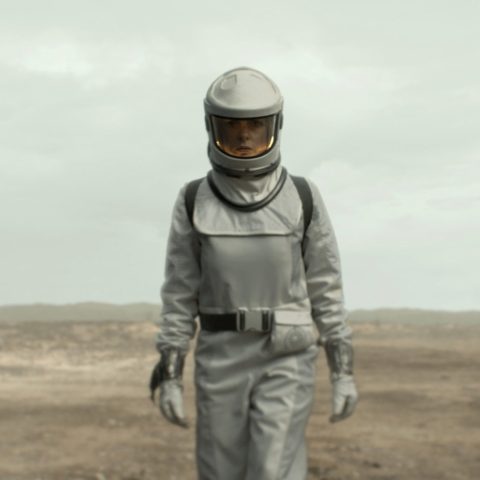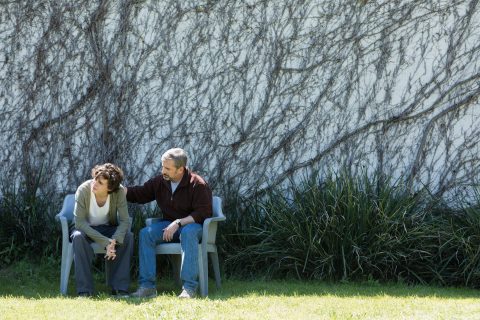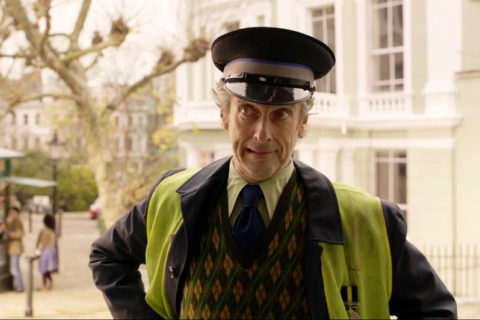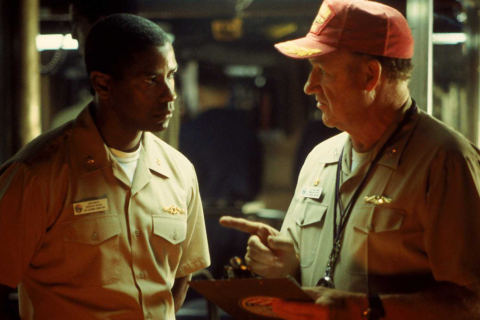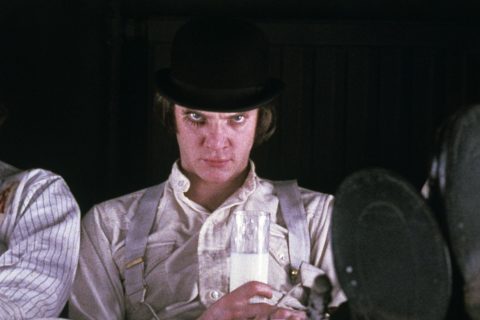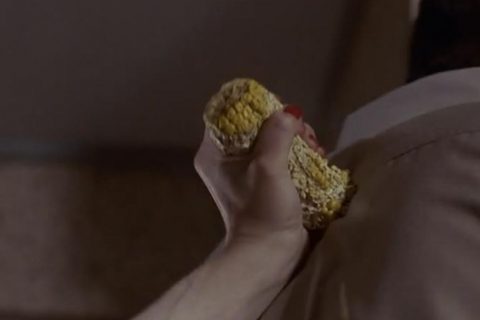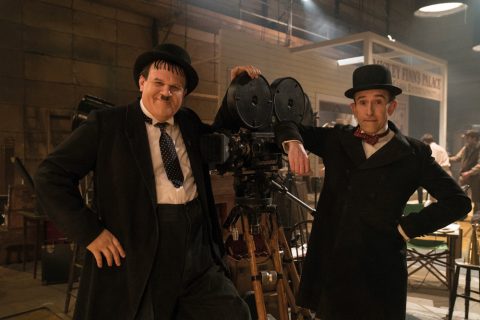Five unpopular book-to-screen changes
Are You There God? It’s Me, Margaret might have got it right, but plenty have got it wrong…
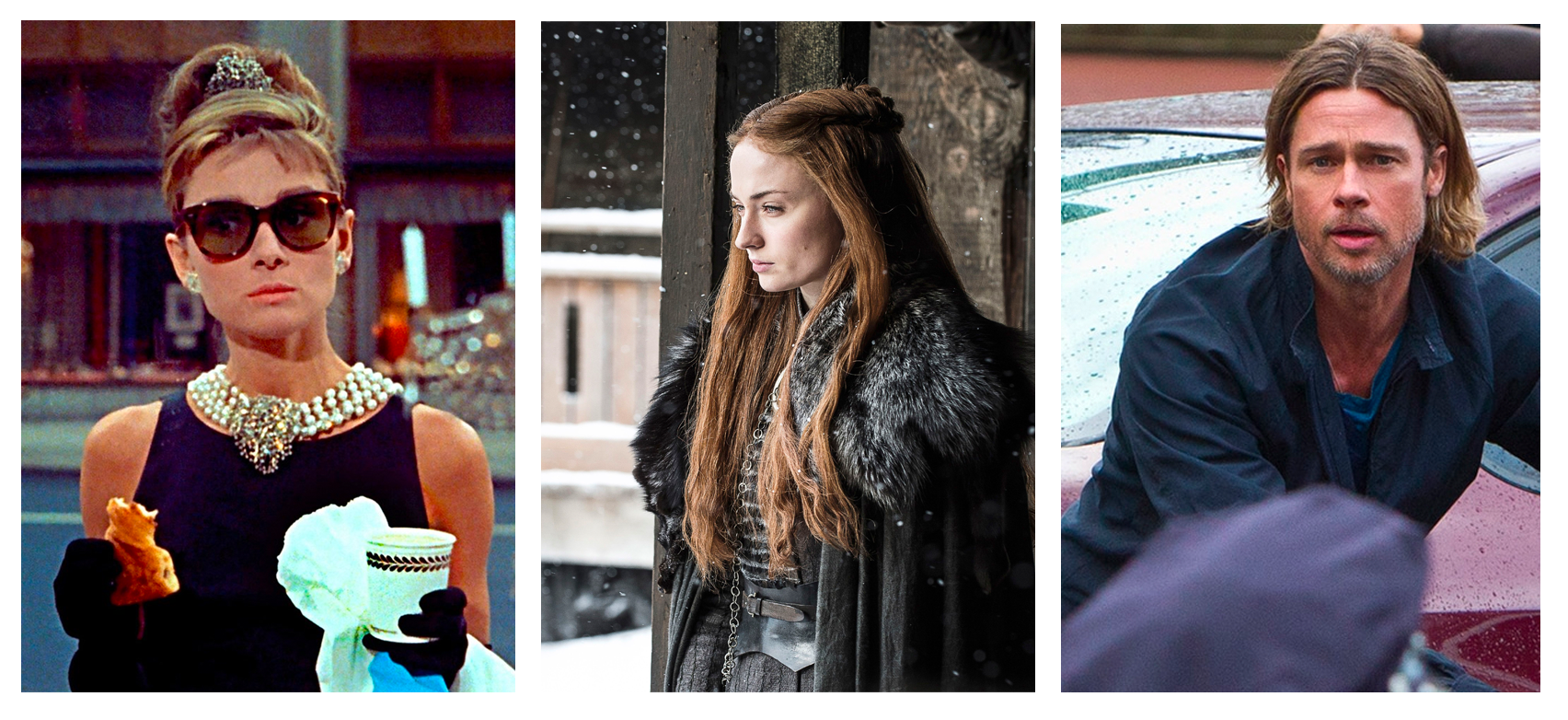
When a film studio announces they’re taking on a book-to-screen adaption there tends to be a mixture of excitement and trepidation. A lot of book readers look forward to seeing how their favourite literary loves will play out on the big screen. There’s also a concern, will the cast reflect the images of the characters readers have had in their minds? Will it truly represent the tonality of the tale? And a lot of time it’s a big massive yes, with some films becoming as adored as their paper counterparts.
This weekend Are You There God? It’s Me, Margaret hit UK cinemas over 50 years after Judy Blume penned the coming-of-age novel. Fans and critics alike are loving it with the film being certified Fresh on Rotten Tomatoes and a 94% audience rating from film.
However, that’s not always the case… we take a look at some of the more controversial choices in book-to-screen adaptations. It goes without saying, spoilers are afoot.
On the path to a female character becoming a ‘strong female’ an overused trope is for her to experience some kind of assault, often of a sexual nature. Sansa Stark of the Game Of Thrones series is no exception. In one episode Sansa suffers at the hands of the tyrannical Ramsey Bolton on their wedding night. The issue is in the books, it didn’t happen. In the story, the assault happens to Sansa’s friend Jeyne Poole. The fan reaction was one of dismay, arguing that it added nothing to the story. Sansa already hated Ramsey Bolton and they felt it was a cheap way of adding drama to the episode and tapping into a trope that was sexist and overdone.
The Brad Pitt zombie epic World War Z was another translation that book fans didn’t enjoy. Whilst the film has fair reviews from fans and critics alike those who knew and loved the books were not overjoyed. The original film ending which more closely resembled the book saw Pitt’s character fighting the swathes of zombies in Russia, whereas the film witnesses his character discover a way to beat the zombies. This enabled the film to be tied up nicely but also made a sequel difficult. The original ending of the book and film were considered too bleak by both Pitt and test viewers. At a cost of millions and several weeks of reshoots, a new ending was established and whilst the original readers might not have liked it wider audiences did – demonstrating that sometimes vital changes are needed to turn something from the written word to a movie masterpiece.
It’s not always just the fans that aren’t happy with changes, some authors whose work has been adapted for screen have expressed unhappiness with changes.
Jodi Picoult author of the tear-jerker My Sister’s Keeper has in recent months expressed her dislike for the changing of the ending and in which the way the film’s team dealt with it. Famous for being heartbreaking the story follows two sisters, one with leukaemia (Kate) and another who is birthed purely to donate blood and cells to her sick sister (Anne). The story follows Anne fighting for body autonomy and whether she should be forced to donate. She wins her case, then dies in a car accident and ends up having her organs donated regardless. In the book version Kate, the sick sister dies after Anna’s court case. Readers and viewers alike felt like the massive ending change ruined the story and its impact, and it lost the twist that made the book so popular in the first place. Picoult has even taken to TikTok to speak on how the filmmakers assured her original ending would be kept and misled her.
It’s often believed that a TV show will allow the scope and time to be more aligned with the original source material but that’s not always the case. The Ice Cream Girls follows the story of two young girls who are groomed by their teacher and the accusations that follow him after he is murdered. In the book the reader is very empathetic towards the two students, feeling for them as you follow the unravelling of their history and the truth behind who killed their teacher. The TV show portrayed them vastly differently, presented as promiscuous girls who led their teacher on. Viewers were upset with the positioning of two vulnerable girls as complicit in their grooming, and like Picoult author Dorothy Koomson spoke out saying she was deeply unhappy with the changes made by the broadcaster. Koomson wrote “I’m sure a lot of people enjoyed the TV version – the actors did a great job with the material they were given. But I hope the viewers questioned whether those situations play out in real life as they did in the TV drama, and that they consider how very different my book, the original story, might be to that version. A further difference between the two is that the TV version had a different ending and a different killer. For those asking: I didn’t have any say or input into any of the changes including the ending.”
And finally a classic, the iconic Breakfast At Tiffany‘s. It can be argued that it is a product of it its time but the book has a gay character who in the film ends up not only being straight but becomes part of a romantic narrative with a female character. What could have been an opportunity to be a trailblazer in ’60s cinema ends up being a sad change that doesn’t reflect today’s society or the book.
It’s probably always worth remembering that when our favourite works of fiction are greenlit as films at the core they are adaptions. There are always going to be things we don’t like, and perhaps things we can be swayed on. (Neil Gaiman’s Stardust‘s changed ending is very popular with fans often preferring the film version, a rarity in the world of adaptations!)


